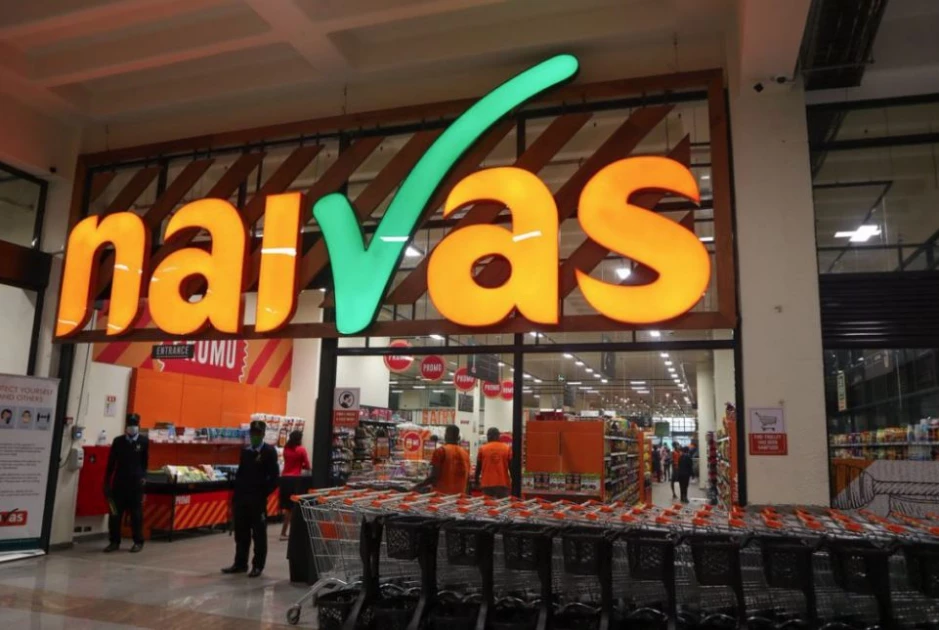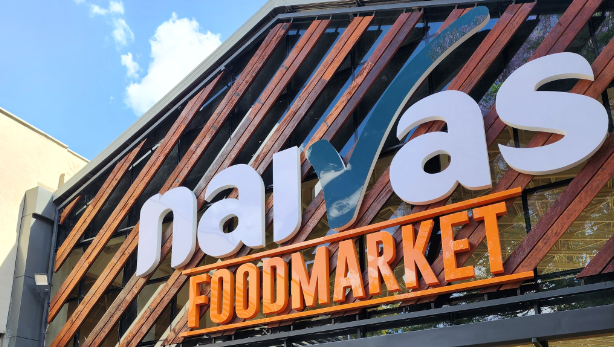Supermarket chain Naivas Limited has signed up more than two million customers to its loyalty card program, highlighting its large base of repeat clients that has helped it grow into the largest player in the formal retail market.
The company’s significant shareholder, Mauritius-based IBL Limited, disclosed the uptake of the loyalty program in a trading update Tuesday.
With two million repeat customers, Naivas has one of the largest client bases in the country. Safaricom, Kenya’s largest telecom, has the highest number of customers at more than 30 million.
Other companies with millions of customers are Kenya Power, Equity Bank Kenya, Kenya Commercial Bank, Co-operative Bank of Kenya and NCBA Bank Kenya.
Businesses with more clients are better positioned to grow revenue and earnings by taking advantage of economies of scale, especially firms with efficient operations and optimal pricing.
Like other retailers, Naivas runs a loyalty program to retain customers and boost sales. Shoppers earn a point for each KES 100 spent at any of the retailer’s 100 stores nationwide. Points can be redeemed for future purchases at a rate of 1 shilling per point.
Naivas’ profit reached KES 2.1 billion in the nine months through March, representing higher earnings growth from a year earlier, according to an earlier disclosure by IBL.
The supermarket operator continues expanding nationwide after recently opening its 100th store in Nairobi’s Lavington neighborhood. It plans to open two more by year’s end — one in Nairobi and one in Kakamega.
Rivals Quickmart and Carrefour have also been expanding amid competition for customers. Quickmart has 59 stores, making it Kenya’s second largest retailer, while France-based Carrefour entered Kenya seven years ago and now has 20 outlets.
The three companies aim to capture market share left by the collapse of Tuskys, Nakumatt and Uchumi supermarkets, mainly due to heavy debt and mismanagement.
Well-capitalized retailers are poised to benefit from growing consumer spending at formal stores, which offer convenience and wide selection under one roof. Their main competitors are neighborhood corner shops relied on for credit and small purchases.
















